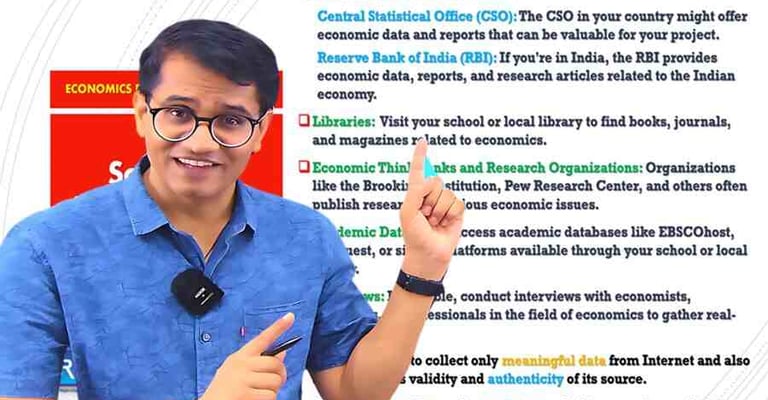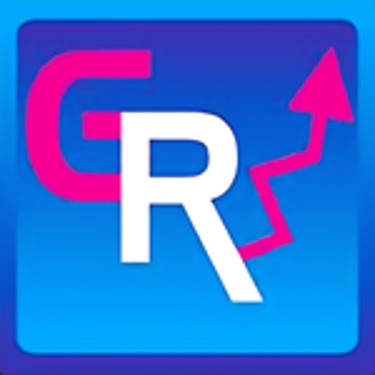Sources of secondary data for economics project in class 12
Sources of secondary data for economics project is invaluable for conducting thorough research and analysis, especially for class 12 CBSE students working on economics projects.........Reading continue click


Introduction to Secondary Data
In the realm of economics, secondary data is invaluable for conducting thorough research and analysis, especially for class 12 CBSE students working on economics projects. Secondary data refers to information that has already been collected, analyzed, and published by others. Utilizing such data can save time and resources, while also providing a reliable foundation for your surveys and case studies.
Textbooks
Start with your prescribed CBSE textbooks for class 11 and 12 economics. These books are designed to cover the syllabus and provide a solid foundation for your project.
Government Publications and Reports
One of the most authoritative sources of secondary data is government publications and reports. These documents often contain comprehensive data on various economic indicators like GDP, inflation rates, and employment statistics. Websites like the Ministry of Statistics and Programmed Implementation (MOSPI) and the Reserve Bank of India (RBI) provide a wealth of information that can be used for your economics project.
Websites
National Council of Educational Research and Training (NCERT) Website: The official NCERT website often provides additional resources, sample papers, and syllabus information that can be helpful for your project.
Investopedia: This website offers a wide range of articles and tutorials on various economics topics, from basic to advanced concepts.
World Bank: The World Bank's website provides data, research, and reports on global economic trends and development issues.
Academic Journals and Research Papers
Another valuable source of secondary data is academic journals and research papers. These documents often include detailed analyses and data sets that have been peer-reviewed, ensuring their credibility. Websites like JSTOR and Google Scholar offer access to a vast array of academic papers related to economics, which can be instrumental in conducting a well-rounded study.
International Organizations
International organizations like the World Bank, International Monetary Fund (IMF), and United Nations (UN) also publish extensive data and reports on global economic conditions. These sources can provide a broader perspective for your project, especially if you are looking at comparative studies or global economic trends.
Economic Think Tanks and Research Organizations:
Organizations like the Brookings Institution, Pew Research Center, and others often publish research on various economic issues.
Industry Reports and Market Research Firms
Industry reports and market research firms like McKinsey, Deloitte, and Nielsen offer detailed insights into specific sectors. These reports often include data on market trends, consumer behavior, and industry performance, which can add depth to your economics project.
Online Databases and Libraries
Online databases and digital libraries like ProQuest, EBSCOhost, and the National Digital Library of India (NDLI) offer a treasure trove of secondary data. These platforms provide access to a wide range of documents, from historical records to contemporary studies, making them indispensable resources for students.
Interviews
If possible, conduct interviews with economists, professors, or professionals in the field of economics to gather real-world insights.
Conclusion
In conclusion, secondary data is a crucial component for conducting effective and comprehensive economics projects for class 12 CBSE students. You must learn to collect only meaningful data from Internet and also try to check its validity and authenticity of its source. Do not put anything and everything available on various website while recoding your observation.
